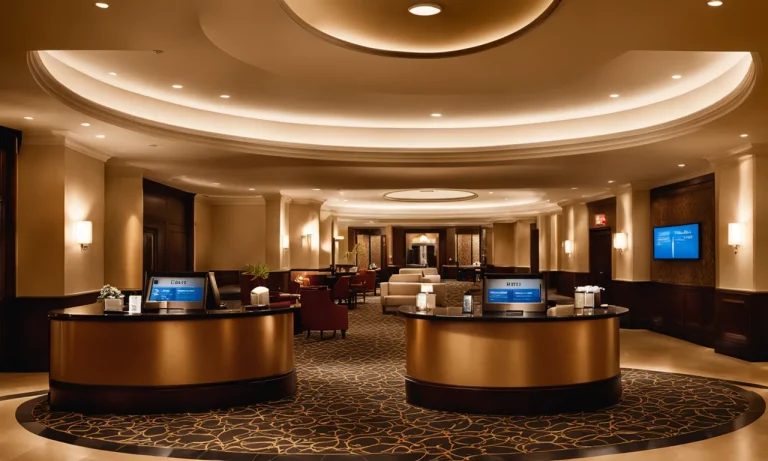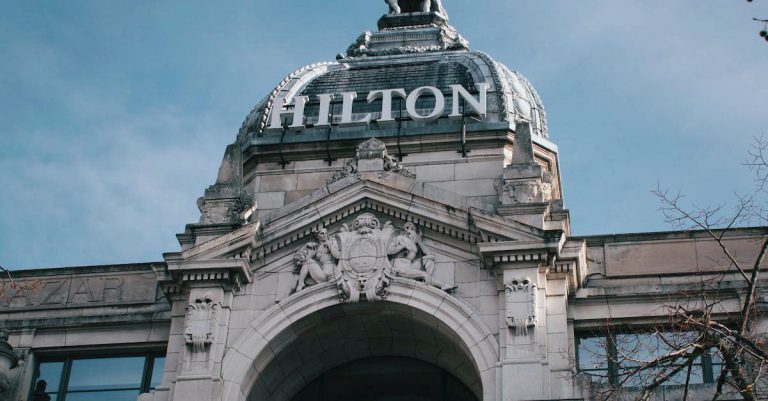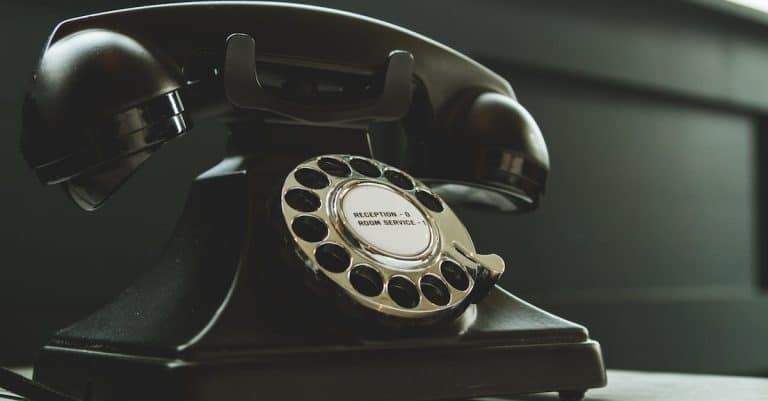When staying at a hotel, you expect modern amenities like electricity, elevators, and hot water. But what happens when the power goes out? Are hotels required to have backup generators or emergency power systems?
Generally, there are no universal laws mandating backup power for hotels. However, many voluntarily invest in generators to provide guests with reliable service.
In this article, we’ll look at typical hotel backup generator policies, their intended purpose during outages, key systems supported, installation costs, and factors that impact the decision to install emergency power.
Hotel Backup Power Regulations and Standards
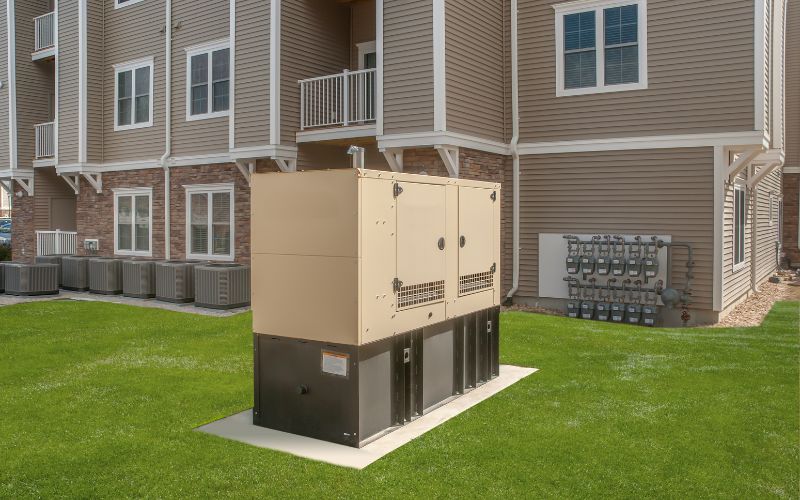
When it comes to backup power regulations and standards for hotels, there is no universal law that applies to all establishments. However, local rules and regulations may require hotels to have backup generators.
These regulations are often put in place to ensure the safety and comfort of guests during power outages.
No Universal Laws, But Local Rules May Require
While there may not be a one-size-fits-all law when it comes to backup power for hotels, many cities and municipalities have implemented regulations that require hotels to have backup generators. These regulations vary from location to location, considering factors such as the size of the hotel, the number of rooms, and the potential impact of power outages in the area.
For example, in hurricane-prone areas, hotels may be required to have backup power systems to ensure the safety and well-being of guests during severe weather events. These regulations aim to prevent any disruption to hotel services and ensure the availability of essential amenities such as lighting, air conditioning, and elevator operation.
Hotel owners and operators need to familiarize themselves with the specific regulations in their area and ensure compliance to avoid any penalties or legal issues. Local government websites or official documents can provide more information on the backup power requirements for hotels in a particular location.
Also Read: Can a Hotel Legally Evict You During a Hurricane?
Generator Guidelines for Voluntary Compliance
Even in areas with no specific regulations mandating backup power for hotels, there are industry guidelines that establishments can follow for voluntary compliance. Organizations such as the American Hotel and Lodging Association (AH&LA) provide resources and recommendations for hotels to ensure the availability of backup power.
These guidelines often include suggestions for the size and capacity of generators based on the hotel’s size and occupancy. They may also outline the necessary maintenance and testing procedures to ensure the backup power system is always in good working condition.
By following these guidelines, hotels can enhance their preparedness for power outages and provide more service to their guests. Backup generators can help maintain essential services during outages and protect the hotel’s reputation and guest satisfaction.
Franchise Brand Standards May Mandate
In addition to local regulations and voluntary guidelines, hotels that are part of franchise brands may be subject to specific backup power standards mandated by their franchisors. Franchise brands often have guidelines and requirements that hotels must meet to maintain brand consistency and guest satisfaction.
Franchise brand standards may include the installation of backup generators as part of their overall safety and service protocols. These standards may apply to all hotels within the brand, regardless of the location or local regulations.
Hotels that fail to meet these standards may face penalties or even termination of their franchise agreement.
Hotel owners and operators should consult their franchise agreements and communicate with their franchisors to ensure compliance with any backup power requirements set forth by the brand.
Adhering to these standards helps maintain brand integrity and ensures guests receive the service they expect from a recognized and trusted franchise brand.
Also Read:
How to Buy a Hotel Franchise: A Step-by-Step Guide
Is Buying A Hotel Franchise Profitable?
What Hotel Systems Do Backup Generators Support?
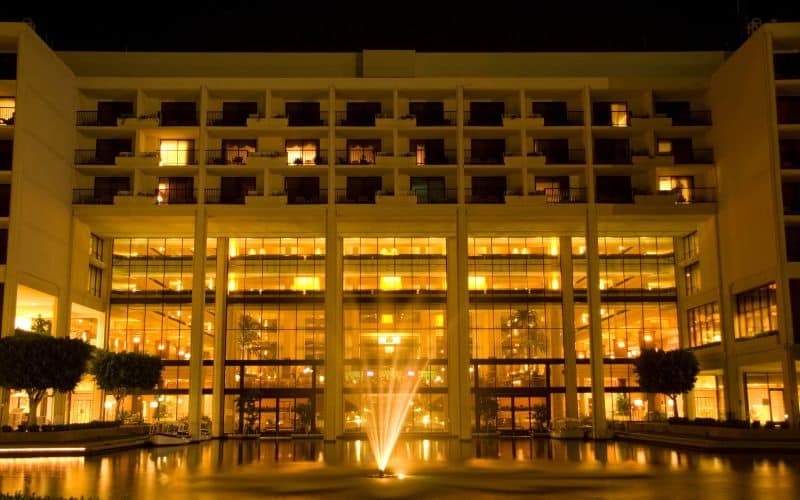
Backup generators ensure that hotels can operate smoothly even during power outages. These generators are designed to provide a reliable source of electricity, powering essential systems and equipment.
Here are some of the hotel systems that backup generators commonly support:
Emergency Lighting
During a power outage, hotels need a backup power source for emergency lighting. This ensures the safety and well-being of guests and staff, allowing them to navigate the hotel corridors and exits safely.
Backup generators provide a steady supply of electricity to emergency lighting systems, preventing any potential accidents or confusion that may arise due to darkness.
Elevators
Elevators are another critical component in hotels that require a continuous power supply. Guests rely on elevators to access their rooms, amenities, and other areas of the hotel.
In a power outage, backup generators ensure that elevators can still operate, allowing guests to move freely within the hotel and preventing any inconvenience or discomfort.
Hot Water
Hot water is an essential amenity in hotels, providing guests with the comfort they expect during their stay. Backup generators ensure that hot water systems function even during power outages.
This guarantees guests can still enjoy warm showers and maintain their daily routines without disruption.
Heating and AC
Heating and air conditioning systems are vital for creating a comfortable environment for guests throughout the year. Backup generators enable heating and AC systems to operate, regulating the temperature in guest rooms, common areas, and conference rooms.
This ensures guests enjoy a pleasant stay regardless of any power interruptions.
Key Considerations for Hotel Generator Installation
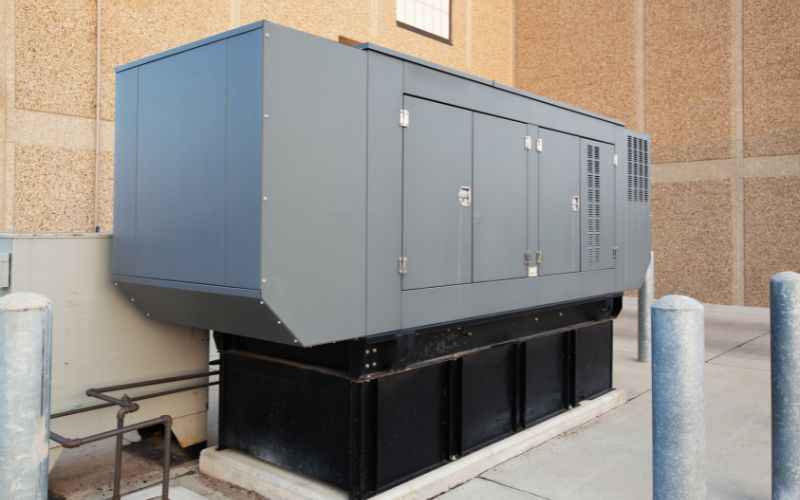
Upfront Costs Range from $50k – $150k+
When installing backup generators at hotels, one of the key considerations is the upfront cost. Hotel owners should be prepared to invest significant money purchasing and installing a generator.
The cost can vary depending on the size and capacity of the generator, as well as any additional features or customization required for the hotel’s specific needs. On average, the upfront costs for hotel generator installation range from $50,000 to $150,000.
Regular Maintenance Is Critical
Once a backup generator is installed, regular maintenance becomes a critical aspect of its efficient and reliable operation. Hotel owners should establish a maintenance schedule and ensure qualified professionals regularly service the generator.
This includes routine inspections, oil and filter changes, battery checks, and other necessary maintenance tasks. Regular maintenance extends the generator’s lifespan and helps identify and address potential issues before they escalate into costly repairs.
Fuel Supply Must Be Adequate
Another important consideration for hotel generator installation is the availability of an adequate fuel supply. During power outages, the generator must run continuously to ensure an uninterrupted power supply to the hotel.
Hotel owners should assess the average fuel consumption of the generator and ensure that they have enough fuel storage capacity to sustain the hotel’s power needs for an extended period. It is also essential to have a reliable fuel delivery system to replenish the fuel supply promptly when needed.
For more information on hotel generator installation and maintenance, you can visit www.hotelmanagement.net.
Factors Impacting Hotel Backup Power Decisions
Regarding backup power decisions, hotels must consider several factors that can impact their overall operations and guest experience. These factors include guest safety and comfort, business continuity, location-specific risks, and franchise brand reputation.
Guest Safety and Comfort
One of the primary considerations for hotels when investing in backup generators is the safety and comfort of their guests. Power outages can disrupt essential services such as lighting, heating or cooling, and even security systems.
By having a backup power source, hotels can ensure that their guests are not inconvenienced or dangerously during unexpected power failures. This is especially crucial in areas prone to severe weather conditions or frequent power disruptions.
Business Continuity
Another significant factor influencing a hotel’s backup power decision is the need for business continuity. Hotels rely heavily on electricity to run their day-to-day operations, including reservation systems, kitchen equipment, elevators, and other critical facilities.
A power outage can lead to disruptions in service, cancellations, and revenue loss. With backup generators, hotels can continue providing uninterrupted service to their guests, minimizing any potential financial impact.
Location-Specific Risks
The location of a hotel can also play a role in determining the need for backup power. Hotels in areas prone to natural disasters, such as hurricanes or earthquakes, may face a higher risk of power outages.
Hotels in remote areas with limited access to reliable power grids may also need backup generators to ensure a consistent power supply. Assessing these location-specific risks is crucial for hotels to make informed decisions about their backup power needs.
Franchise Brand Reputation
Maintaining a positive reputation is essential for hotels operating under a franchise brand. A power outage can severely impact guest satisfaction and perception of the hotel. Franchise brands often have strict guidelines and standards that hotels must meet to maintain their reputation.
Investing in backup generators can help hotels uphold these standards and ensure that guests have a pleasant and comfortable stay, even during unforeseen power disruptions.
Conclusion
While rarely mandated, installing emergency backup generators is an important investment many hotels voluntarily make to withstand power outages and provide resilient service for guests.

